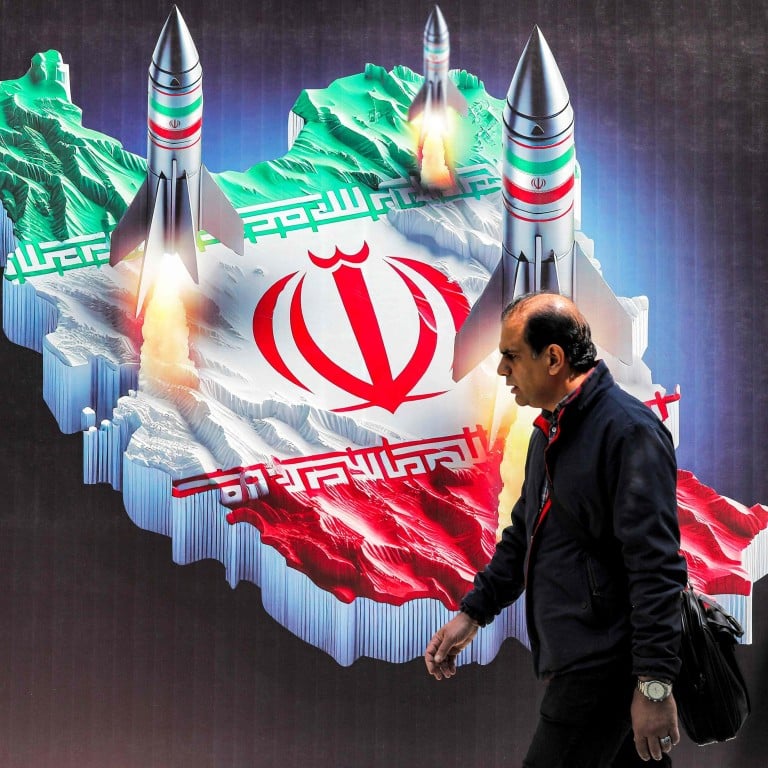
Letters | Iran-Israel conflict is China’s chance to shine
- Readers discuss China’s response to Iran’s drone and missile attack on Israel, and how Chinese cultural exports can play a role in promoting goodwill
China’s refusal to condemn Iran is not merely a spontaneous reaction but rather, a calculated strategic manoeuvre to assert itself as a prominent player in global politics. For years, China has sought to counterbalance American hegemony, and the current Israel-Iran conflict presents a prime opportunity for it to do so.
The Middle East has long been a key strategic region for the US. But after the Trump administration pulled out of the nuclear deal with Iran, the region has become increasingly destabilised. In this vacuum, China has apparently abandoned its position of non-interference in an overt move to undermine US influence in the region.
To further solidify its position as a viable alternative world leader, China should continue to demonstrate impartiality in international conflicts and strengthen its ties with nations disillusioned with US hegemony.
While American support for Israel will remain deeply entrenched for the foreseeable future, its position will only become increasingly untenable. Despite the change in leadership, from Donald Trump to Joe Biden, the US’ Middle East foreign policy has varied little. Indeed, there is little room for political manoeuvring due to the US’ domestic pressures and long-standing alliance commitments.
As such, it is imperative for China to seize this moment and assert its leadership role on the world stage so that the dream of an alternative world order may one day become reality.
Henry Fong, Pok Fu Lam
Chinese cultural treasures could foster understanding
It should also help to cut through all the nebulous, damaging noise and propaganda perpetuated by rival and often jealous, intimidated countries who would rather people fear China and its citizens than make an effort to understand them.
Caleb David, Nessebar, Bulgaria

